Jewish Quarters: Discovering the Jewish Heritage in Portugal
Embark with All About Portugal on a journey along the Portuguese Jewries and let yourself be dazzled by their history and traditions.
Accept the invitation from All About Portugal and discover some of the most important Jewries in Portugal. An active and fundamental part of the history of Portugal over the centuries, the Jews left deep marks that still persist in Portuguese towns and cities today. Walk through what remains of the dark and winding streets of the old Jewish Quarters where, among walls and murmurs, the Sephardic community knew how to preserve its religious traditions and practices, resisting intolerance, the persecution of the Inquisition and even expulsion, in 1496. Visit active synagogues, recognize the influence on the architecture and urbanism of mountainous locations and let yourself be fascinated by the Jewries’ rich history.
Jewish Museum of Belmonte
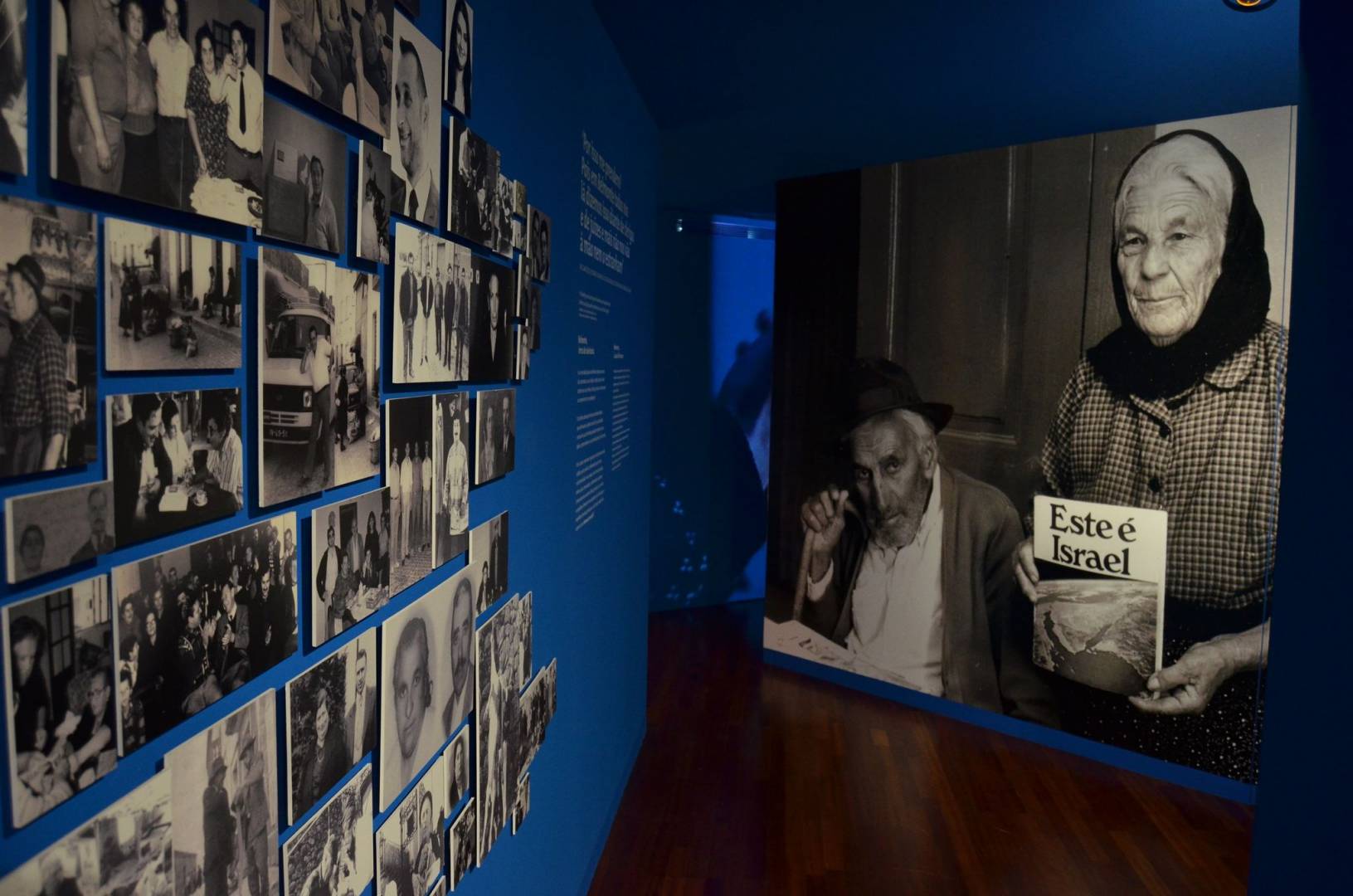
Called “marranos” by the locals, Belmonte's Jews survived the Inquisition even when all other Jewish and Muslim communities disappeared. Isolated from the outside world, they practiced their rites and traditions in secret. Walk through what remains of the Old Jewish Quarter, in the historic centre, visit the Synagogue and, of course, the Jewish Museum. The exhibited pieces, used for centuries in daily life and in the religious cult of the resident Jews, will guide you in this beginning of your journey along the Route of the Jewries, in Portugal.
House of Aristides de Sousa Mendes - Carregal do Sal
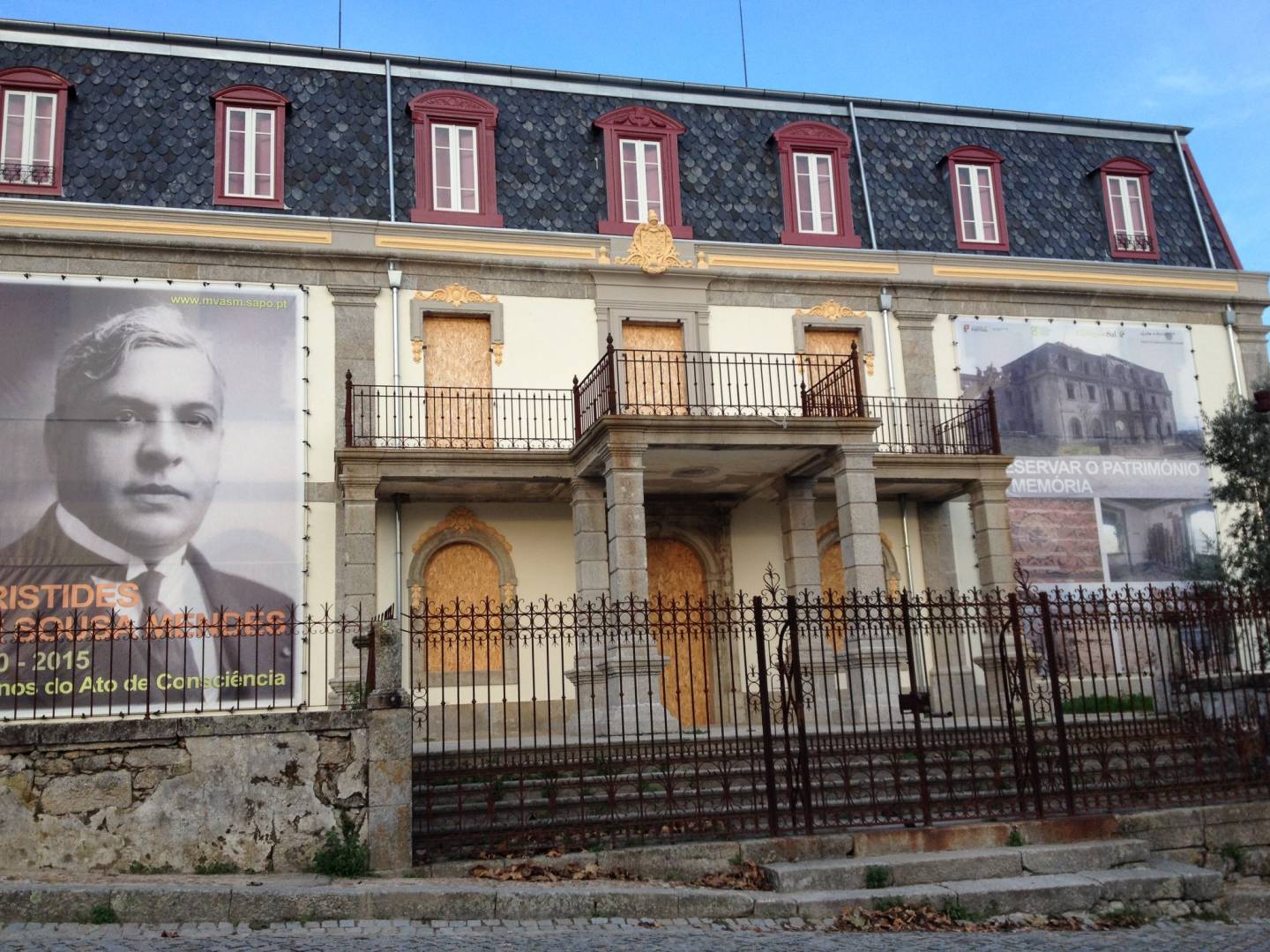
It is not a Jewry but, due to the symbolism it carries, it is a must-see for those looking to trace the Route of the Jewish Quarters in Portugal. An imposing building from the 19th century, the Casa do Passal, in Cabanas de Viriato, was inhabited by the consul Aristides de Sousa Mendes who, during the Second World War, granted visas to thousands of Jews, who found refuge in Portugal. National Monument since 2011 and the target of deep rehabilitation works, the house is to be converted into a memory museum for the victims of the Holocaust.
Jewish House of Memory - Castelo Branco
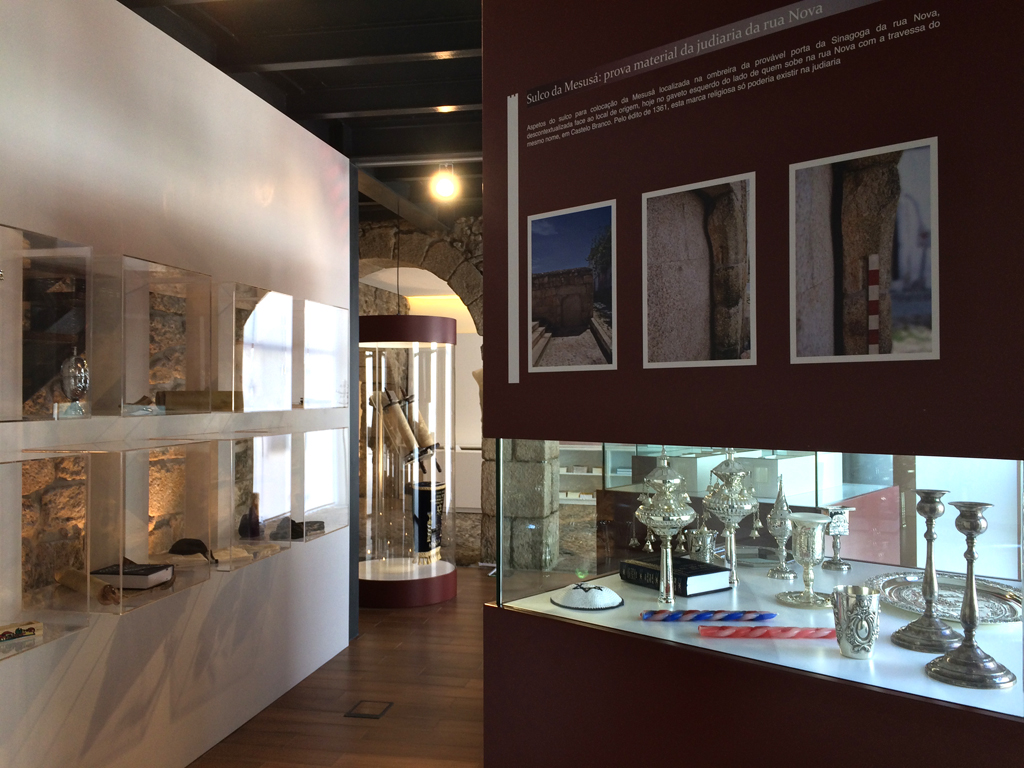
Between Rua D’Ega and the castle walls, there was the Jewry of Castelo Branco, which, from 1500 onwards, welcomed Jews expelled from Spain. It is estimated that the population then grew by around 60 percent, changing the face and the history of the Albicastrense community. Walk through the cobbled paths of the Old Jewry and take the opportunity to visit the House of Memory of the Jewish Presence. In addition to the objects associated with religious and everyday rites, get to know some local Jewish personalities, and learn the names of the 21 mortal victims of the Inquisition.
Jewish Quarters of Castelo de Vide
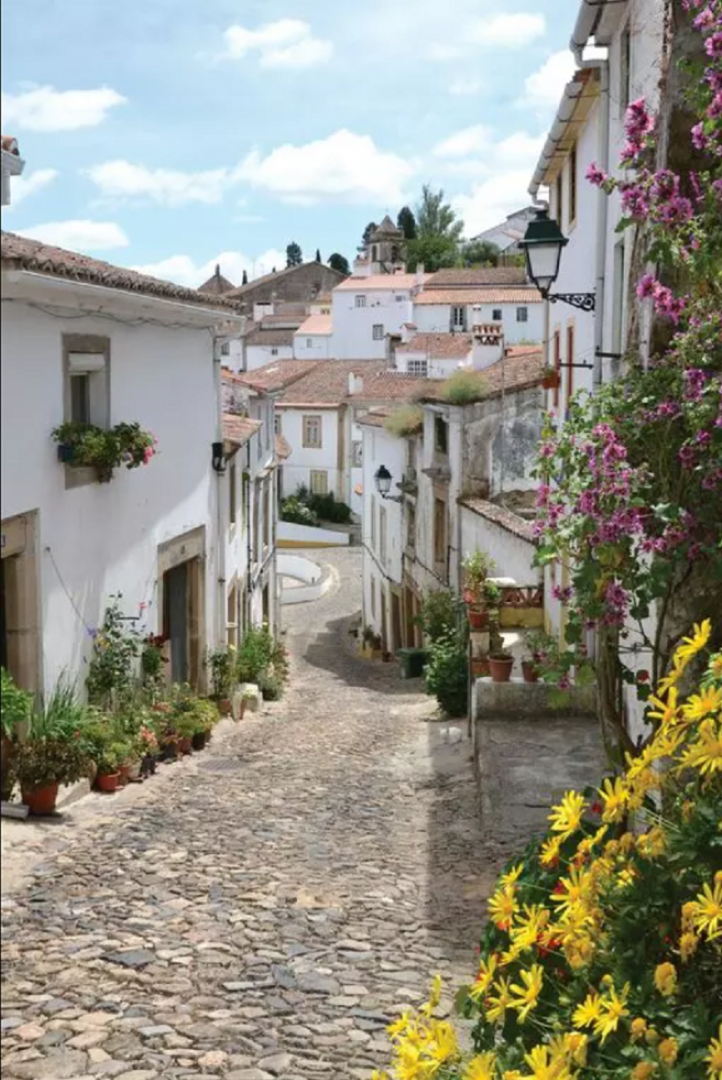
Between the Castle and the Village Fountain, discover the Jewry of Castelo de Vide. The winding streets and alleys reveal the marks of a long history, just pay attention to the details. Notice the houses, with two doors: one for the store, on the ground floor, and another for the access stairs to the upper floors, which served as housing. The toponymy is also revealing: Rua Nova (where New-Christians lived, Jews converted to Christianity), Rua da Judiaria (Jewry Street) or Rua do Arçário (Street of the Community Treasurer).
Giraldo Plaza – Évora
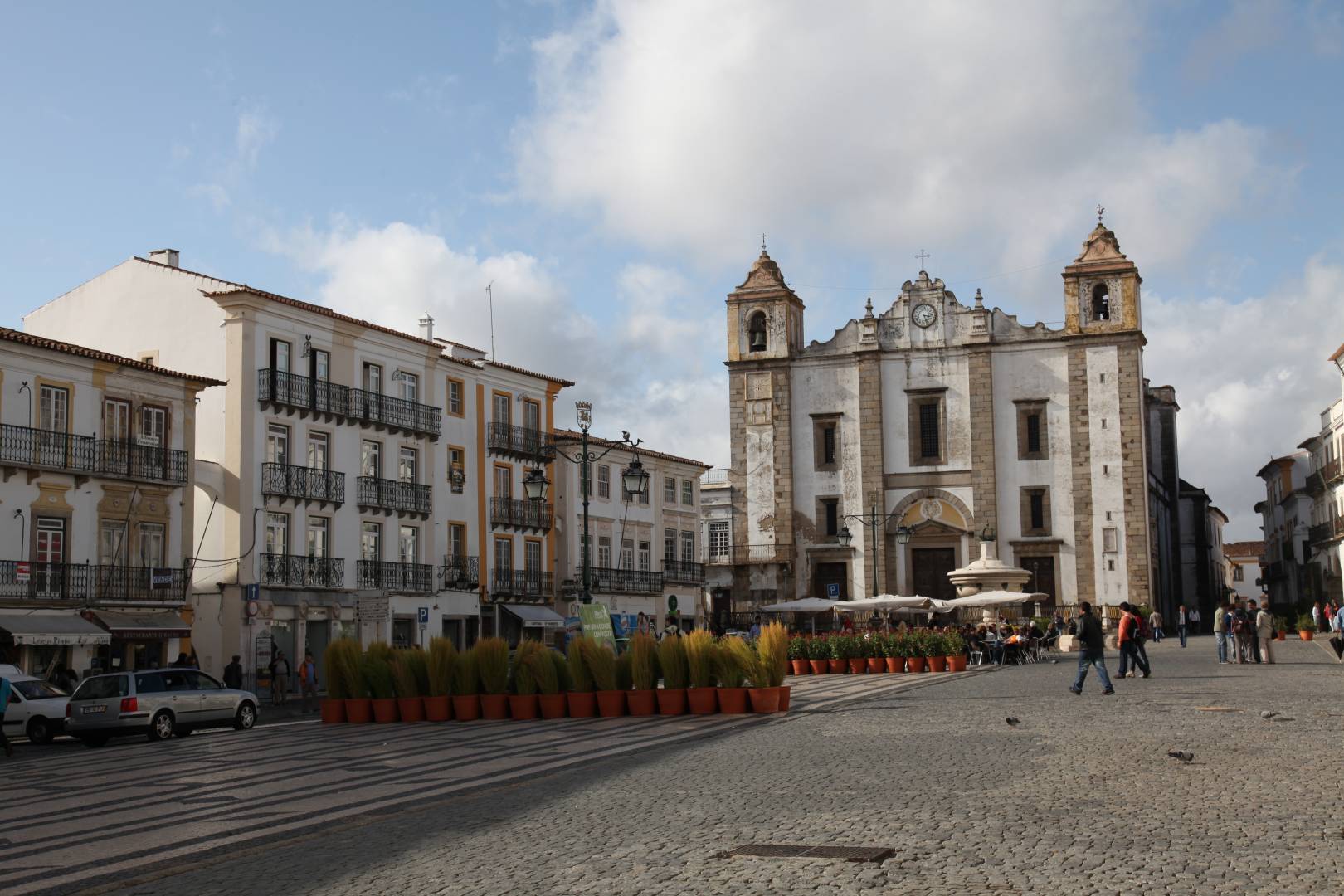
The Inquisition was relentless in Évora and, perhaps because of that, there is little left of what became one of the largest Jewries in the country. Of the two Synagogues, the hospital, the school, the inn for ritual baths or the Ouvidoria (Jewish court) that existed during the 15th century, there is no trace. Still, in the labyrinthine alleys that surround the Giraldo Plaza, you can still see examples of the Jewish heritage, such as the Gothic ogival portals that adorned the houses of the local Jews.
Isaac Bitton Synagogue Museum - Faro
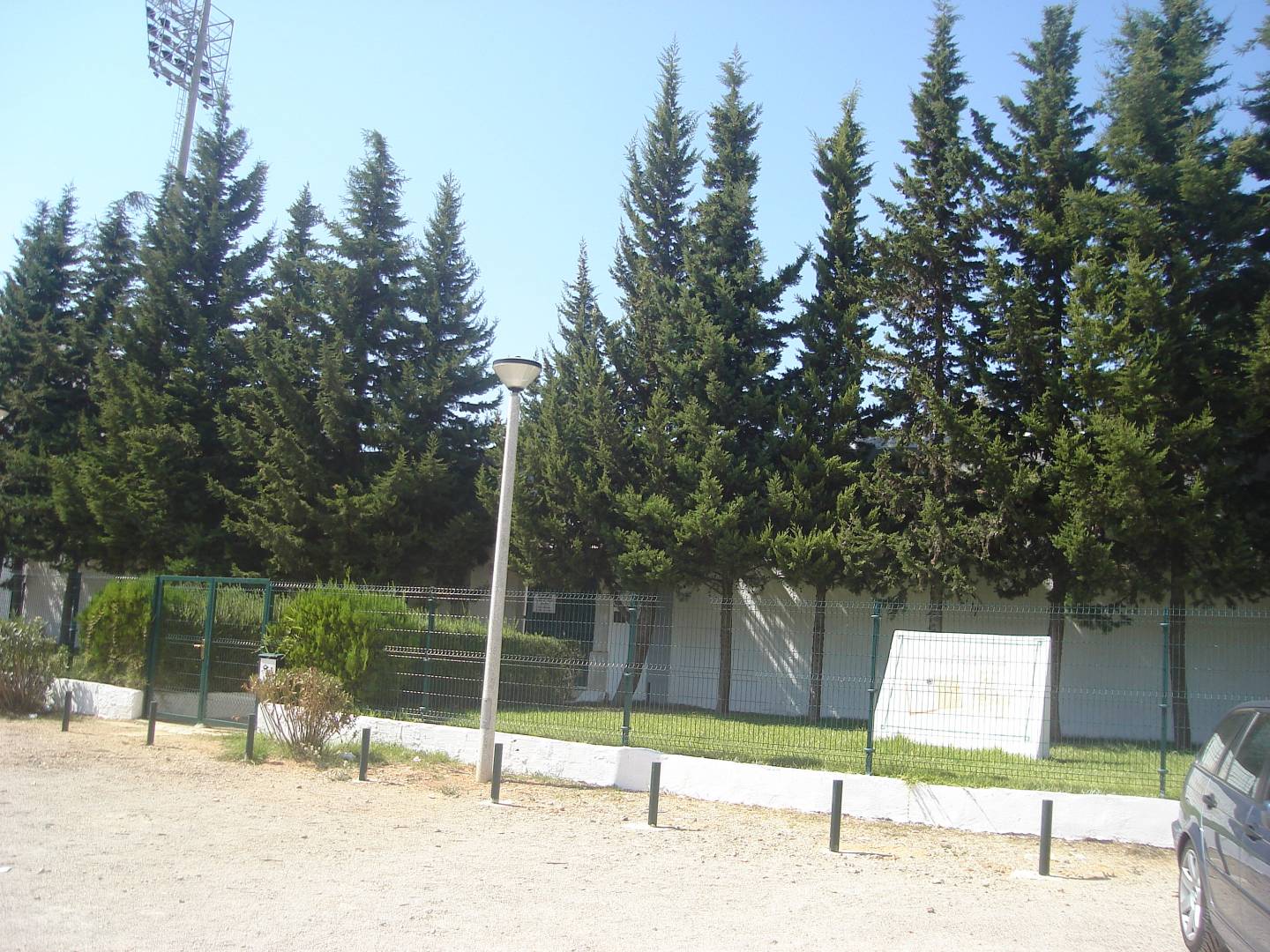
Did you know that the Faro Jewry was the birthplace of the Portuguese press? It was there that, in 1487 and by the hand of the Jew Samuel Gacon, the first printed book in Portugal was published - the Pentateuch, in Hebrew. Expelled in 1496, the community was to be reborn in the 19th century, with the arrival of Jews from Gibraltar and Morocco. From the second breath of Judaism in the Algarve, there remained a cemetery that, after being restored in the 90s, started to house, in 2007, the Isaac Bitton Synagogue Museum, where you can see the Pentateuch.
Old Jewish Quarters of Guarda
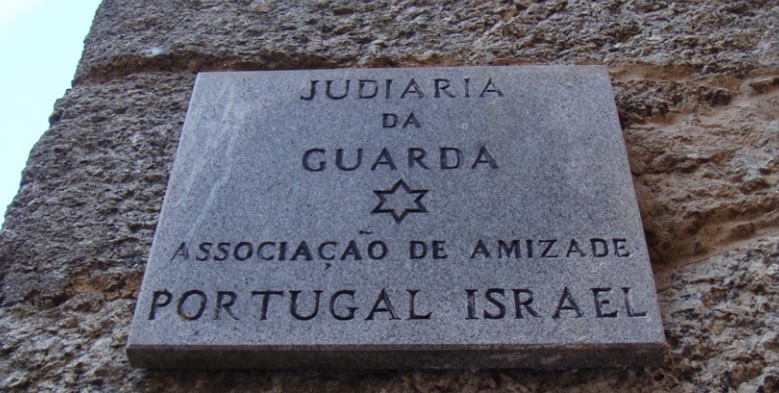
Take a stroll through the old Jewish Quarters of Guarda and you will feel like you are going back in time. Discover the low two-door houses, look for the cross marks on the doors and listen to the stories that many are proud to tell. Did you know that, during the Second World War, around 30 thousand Jews passed through the border of Vilar Formoso? Take advantage of the proximity and visit the Museum “Vilar Formoso Fronteira da Paz”, a memorial to refugees from Nazi persecutions and to consul Aristides de Sousa Mendes. Get to know the story of this Portuguese “superhero”.
Lisbon Synagogue
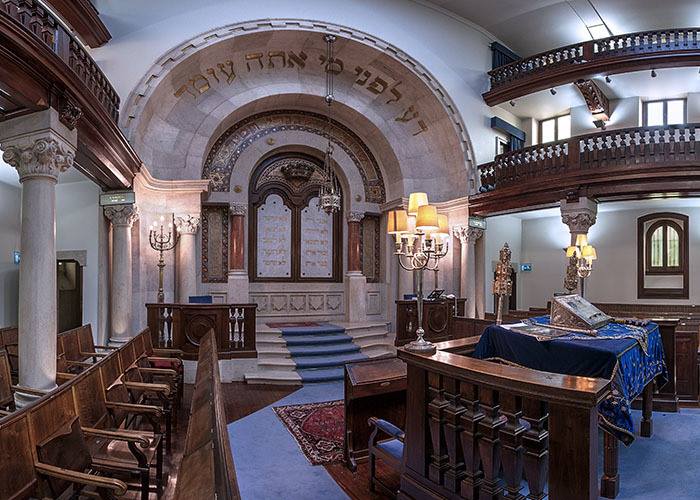
More than heritage, Jewish history and traditions are part of Lisbon's identity, so deep are the marks carved over the centuries. Start with a stroll through the typical Alfama neighbourhood, where in the Middle Ages one of the city's Jewries was located. At São Domingos Square, observe the memorial that recalls the massacre of thousands of Jews at Easter 1506. Discover the names of Jewish astronomers and businessmen who participated in the Age of Explorations and the places that served as a safe haven for World War II refugees. Look to the Synagogue to learn more about the Israeli community in the capital.
Porto Holocaust Museum
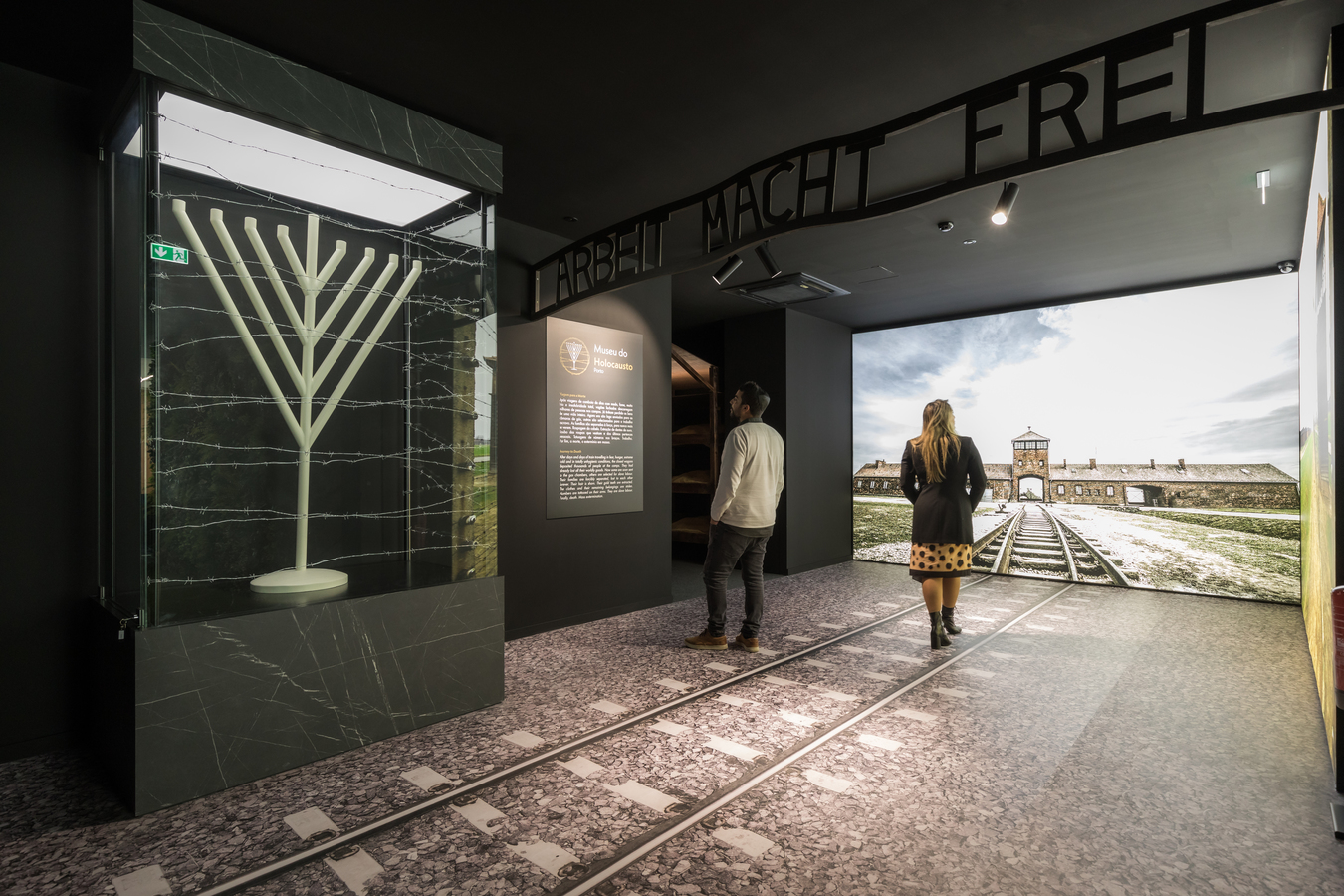
In 1938, while in Germany the Synagogues were burned, the Israeli Community of Porto inaugurated the largest Synagogue in the Iberian Peninsula. And, in 2021, the Porto Holocaust Museum opened, which aims to portray Jewish life before, during and after the great barbarism. The space includes a room for names of victims of the Nazi regime, a memorial of the flame, photographs, films and reproductions of a dormitory, and the entrance to the Auschwitz death camp. Remember and reflect, so that history does not repeat itself.
Old Synagogue of Tomar

The Tomar Synagogue, the only proto-Renaissance Jewish temple in Portugal, had a troubled existence. Erected in the middle of the 15th century, it was quickly closed, having been used for various purposes over the centuries, including as a prison. National Monument since the 20's of the last century, it currently houses the Abraão Zacuto Luso-Hebrew Museum, which gathers books and objects related to Jewish traditions, as well as a vast set of tombstones.
Recommended
